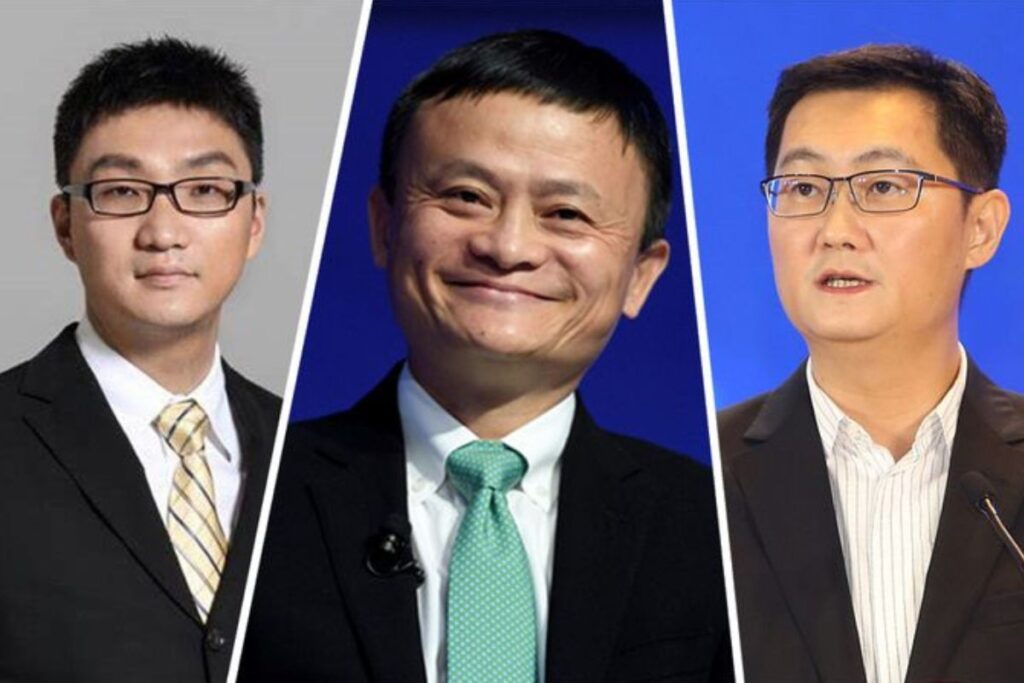The discussion of where China’s ultra-rich are keeping their money has gained a lot of attention. The wealthiest people in China are well-known for their savvy investment choices and their tremendous impact on both local and global markets. However, what happens when the economy begins to slow down?

How do these financial giants adjust their strategies to safeguard and maximize their wealth? Let’s explore how China’s wealthiest folks are handling these challenging economic times and where they are storing their riches in the face of an economic downturn.
Surge in China’s Ultra-Rich Population
According to a Knight Frank analysis, the population of ultra-rich people in China is composed of those with a net worth of at least $30 million, and this figure is expected to rise by about 50% by 2028.
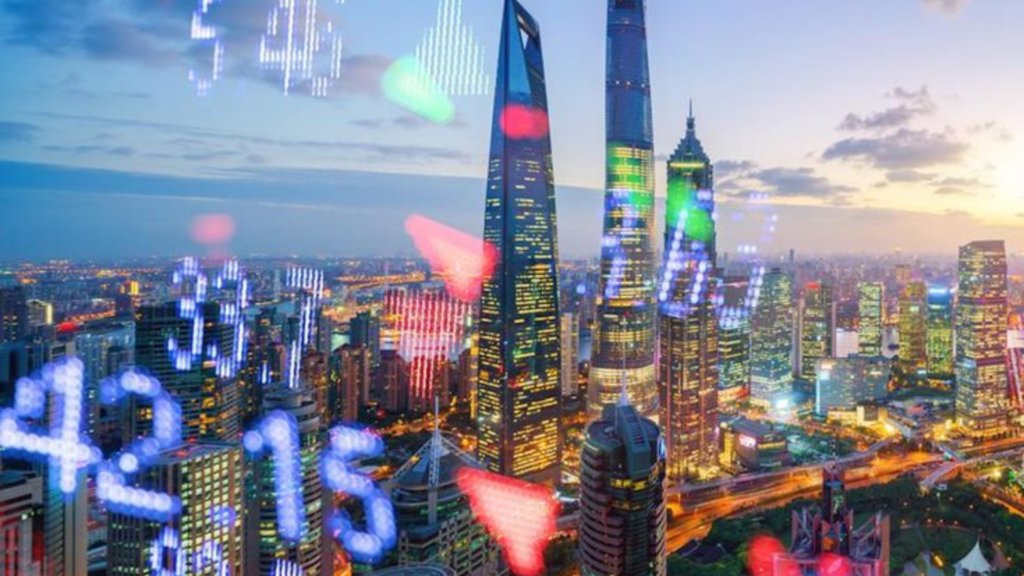
Amidst economic challenges, the ultra-rich—whose numbers are projected to increase from 98,551 in 2023 to 144,897 in 2028—are taking a cautious approach to investing. Wealth managers told CNBC that while high-end domestic real estate continues to be a preferred investment, they are transferring their wealth into overseas assets.
What Is Considered Ultra-Rich in China?
When we refer to the ultra-rich, which people specifically come to mind? In China, one is typically considered ultra-rich if one’s assets exceed 100 million yuan or roughly $15 million USD.

Influential investors, real estate tycoons, and successful entrepreneurs have accumulated substantial wealth. For these people, safeguarding their money for future generations is just as important as increasing it themselves.
ALSO READ: More of the UK’s Super-Rich Are On the Verge of Relocating to the UAE
What Is China’s Main Source of Economy?
What drives the ultra-rich to make certain investment choices can be better understood by taking a closer look at China’s economic fundamentals. The three main pillars of China’s economy have historically been manufacturing, exports, and real estate. Nonetheless, there has been a notable change in recent years toward technology, services, and consumption.
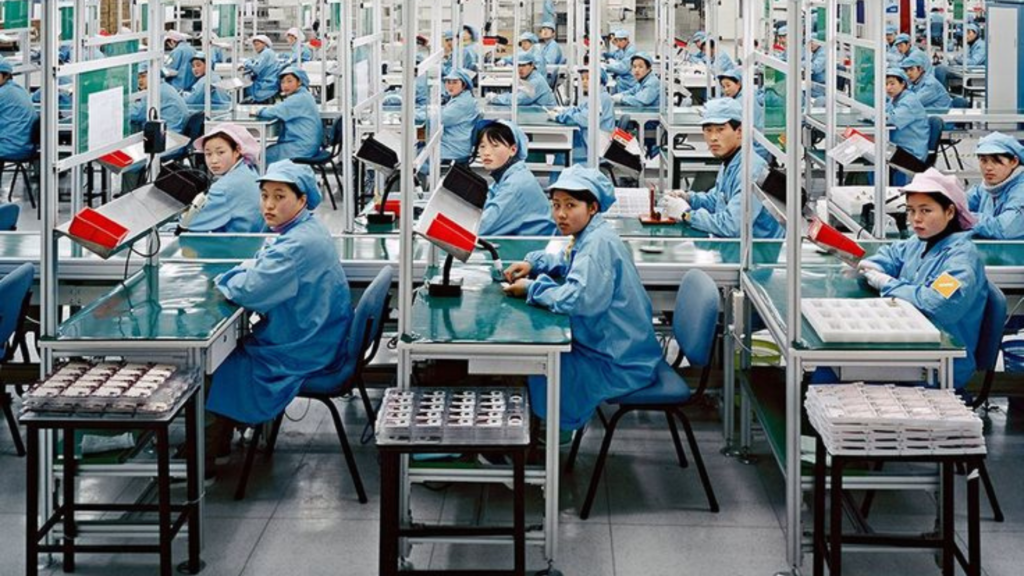
Even with such diversity, the recent recession has compelled the wealthiest to look for more stable and diversified investment opportunities. Through diversification, investors can reduce risk and ensure their wealth isn’t unduly dependent on any one industry or type of asset.
Here are some of the ways they are diversifying:
Luxury Real Estate Investments
The ultra-rich in China have always preferred real estate, and they still do so in spite of the country’s current economic downturn. However, there’s an ongoing shift towards international and more strategic real estate investing.

While luxury real estate in places like Beijing, Shanghai, and Shenzhen is still in demand, interest in overseas real estate markets is getting higher.
Investing in Assets Overseas
China’s ultra-welathy have an opportunity to safeguard and increase their money in more secure economic environments by investing overseas. Popular destinations include Europe, Australia, the United States and Canada.
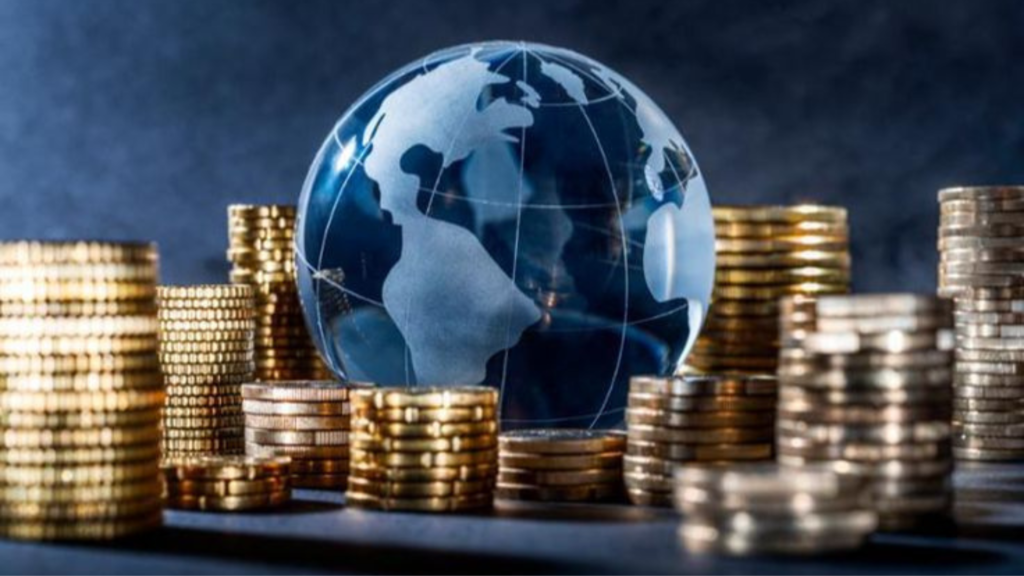
These investments are not limited to real estate but also extend to private equity, stocks, and bonds. Investing overseas can help diversify an investment portfolio and provide protection against fluctuations in the domestic economy.
Technology and Innovation
The ultra-rich in China are increasing their investments in innovation and technology. They invest in venture capital funds, established tech giants, and tech startups.

Technology is believed to continue driving global economic growth, and investments in this area can yield high returns. Areas of interest include biotechnology, fintech, renewable energy, and artificial intelligence.
Art and Collectibles
Art and collectibles are now considered to be a significant area of investment for the ultra-rich. These assets are not only a store of value but also serve as a symbol of status.

The ultra-rich are investing in luxury timepieces, rare antiques, exquisite art, and classic cars. The global art market provides opportunities for both value appreciation and personal fulfillment.
Education and Healthcare
Education and healthcare investments are another trend among China’s ultra-rich. They provide funds for healthcare facilities, educational institutions, and scholarship programs.

These investments are seen as both philanthropic endeavors and as a way for them to secure a brighter future for their family and society at large.
ALSO READ: 11 Daily Habits of the Rich That Lazy People Tend To Ignore
The Role of Wealth Management Firms
The ultra-rich in China rely heavily on wealth management companies, which provide services, including tax optimization, estate planning, investment management, and financial planning, to help them make informed investment decisions. They offer specialized investment solutions made to fit the particular requirements of their clients, combining conventional and alternative assets to create a well-balanced portfolio.

When investing across numerous countries, effective tax optimization tactics can minimize tax payments and maximize after-tax earnings. The ultra-rich can traverse the global financial landscape and make well-informed investment decisions by utilizing the experience of wealth managers.
The Impact of Government Policies
Government policies significantly influence the investment decisions of China’s ultra-rich. Strict capital control limits the amount of money that can be transferred out of the country, making international diversification difficult.
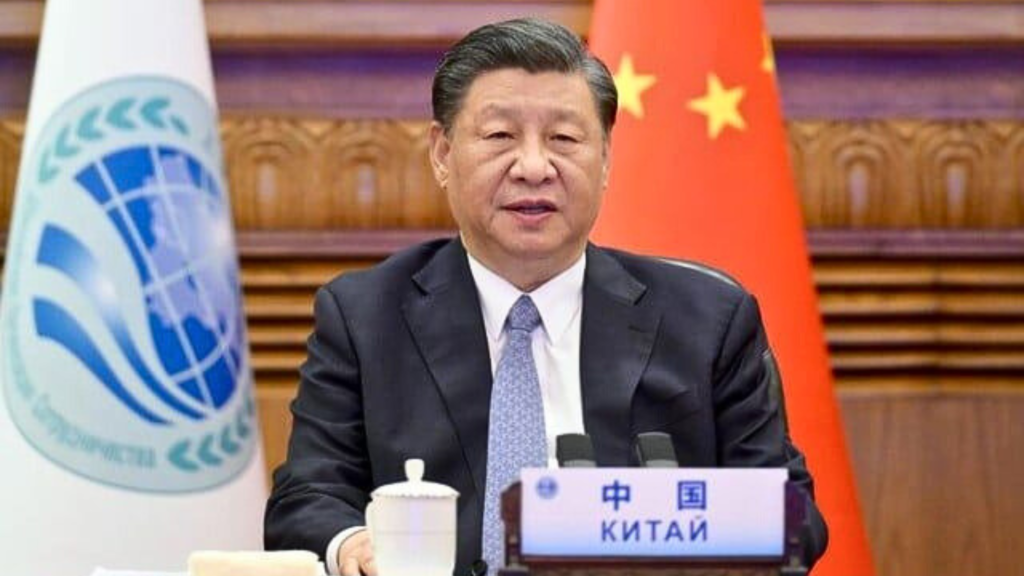
Regulations pertaining to the property market, like prohibitions on multiple purchases and higher down payments, push the ultra-rich to look for other investments both outside and domestically. On the other hand, the government supports R&D and startups in order to promote innovation and technology and open up new avenues for the wealthy to invest in innovative industries.
The Importance of Philanthropy
Philanthropy is essential for the ultra-rich, who are setting up charitable foundations and participating in philanthropic activities. This enables people to leave a lasting legacy and give back to society.

Their increasing sense of social duty prompts them to advocate for healthcare, education, reducing poverty, and conserving the environment. Targeted donations with long-term effects are part of strategic philanthropy, which guarantees the efficient use of contributions and gives donors visible evidence of their efforts.
You May Also Like:
Stellantis Proposes Broad Buyouts for U.S. Salaried Employees, Potential Layoffs Loom
JetBlue Shares Surge 12% Following Surprise Profit and $3 Billion Aircraft Spending Deferral
Spirit Airlines Introduces Premium Complimentary Services for a Budget-Friendly Travel Experience
Walmart Slashes Price on $130 Rolling Utility Cart to $35—Shoppers Says It’s ‘Helpful in Organizing’
Delta CEO Reports $500 Million Loss Due to CrowdStrike-Microsoft Outage

